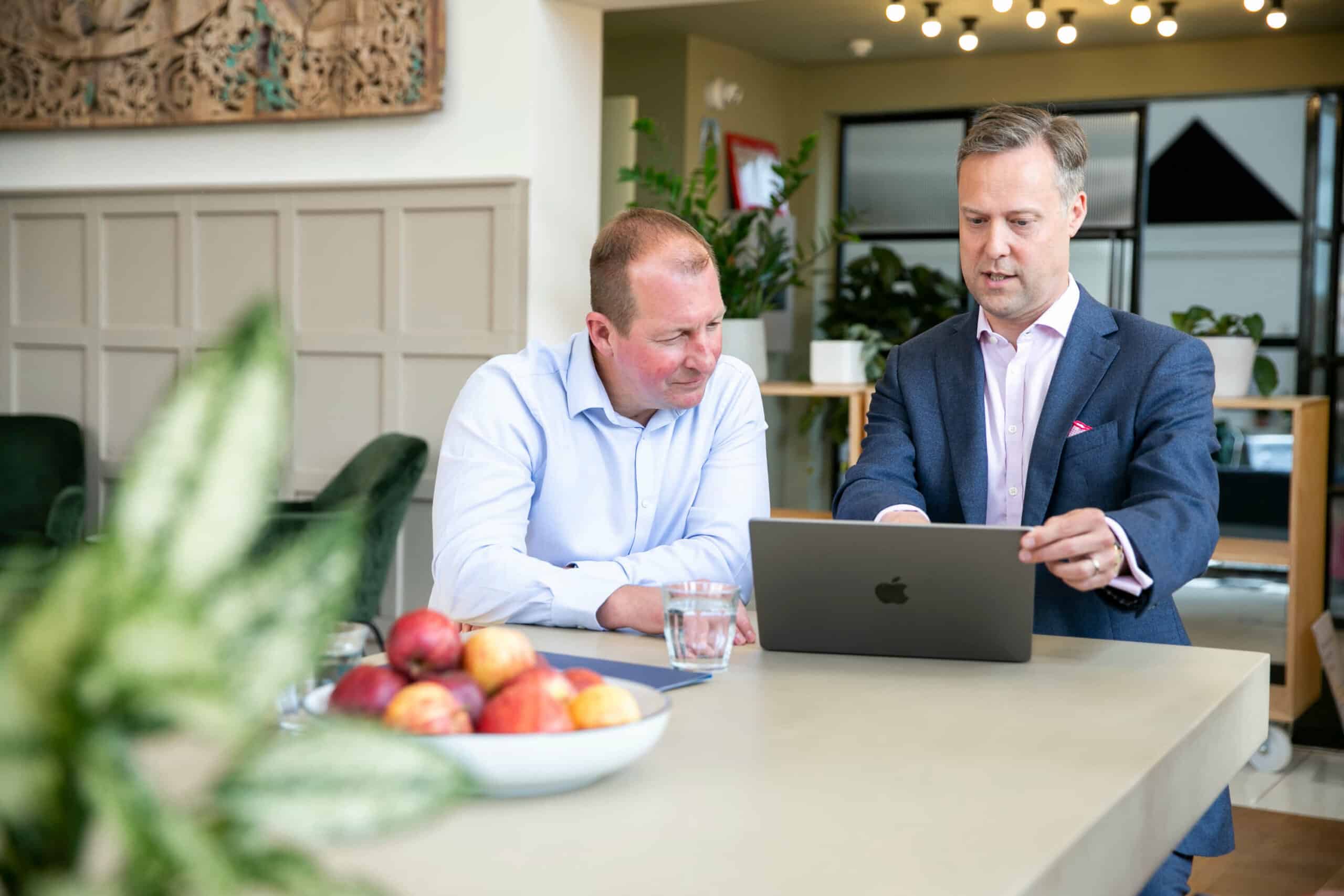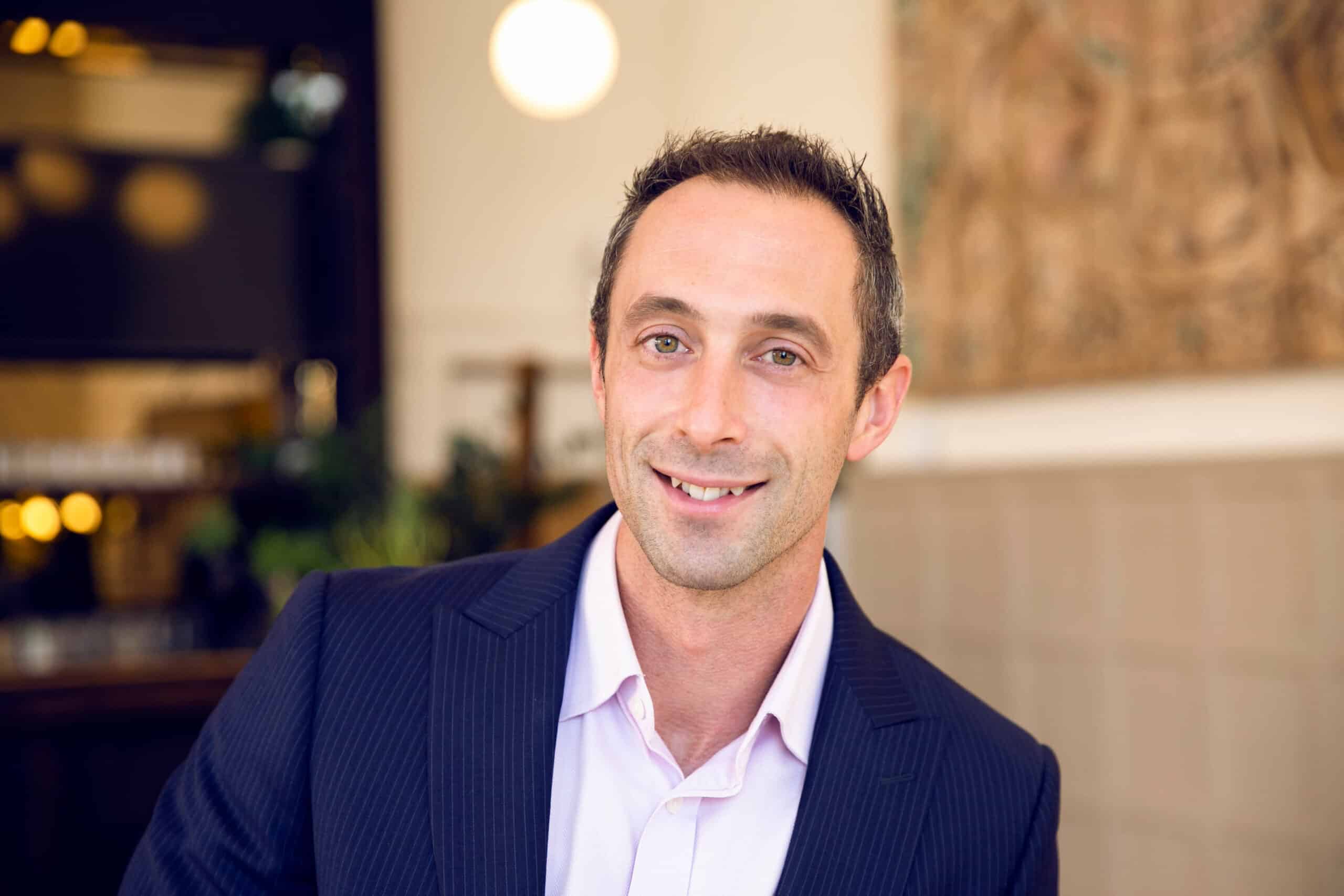Protecting the vulnerable: Addressing addiction, scams & financial exploitation
In our society, victims and sufferers of scams and addictions are unfortunately commonplace, whether this be as a result of scam calls, gambling, alcohol, drugs, or excessive spending. If you feel that you or a loved one is vulnerable, there are preventative and restrictive measures that could mitigate the risk of financial harms caused by addiction and vulnerability.

What is addiction?
The NHS defines addiction:
“As not having control over doing, taking or using something to the point where it could be harmful to you. Addiction is most commonly associated with gambling, drugs, alcohol and smoking, but it’s possible to be addicted to just about anything.”
According to the Gambling Commission, as many as 1.3 million adults in Great Britain suffer from a gambling problem. This figure is startling. If you are one of the 1.3 million adults who suffer from a gambling problem, and you cannot stop, preventative and restrictive measures may help you on the path to recovery.

For additional support and information, please find our ‘Help Beyond Legal Advice’ leaflet on our website which provides a list of key organisations and support resources. We recommend that anyone with a potential gambling problem considers the availability of the tools and services listed on that page and any other appropriate help to minimise the risk of harm.
In the year ending March 2023, the Office for National Statistics stated that:
“An estimated 9.5% of people aged 16 to 59 years (approximately 3.1 million people) reported using a drug in the last 12 months; 7.6% reported using cannabis (around 2.5 million people) and 3.3% reported using a Class A drug (around 1.1 million people).”

This is significant, given the cost of living crisis vulnerable or victims of substance abuse may find they are spending an unhealthy amount on drugs. What’s more, the term ‘drugs’ does not only mean illegal substances, but also alcohol or anything else you can be addicted to.

Can a Lasting Power of Attorney (LPA) help to protect a vulnerable person?
As well as some of the tools and services publicly available for helping to deal with addiction and other vulnerabilities, it may be of benefit to a vulnerable person to put in place a Lasting Power of Attorney (LPA) to help control or mitigate their spending habits.
An LPA is a legal document which authorises one or more nominated and trusted third parties (called an ‘attorney’) to help you make decisions or to make decisions on your behalf. Your attorney can act with your consent and also if you do not have mental capacity.
Creating a bespoke LPA can alert your attorney to your spending habits and enable them to assist in supervising or controlling your spending. The terms of the LPA can be tailored to meet your individual circumstances.

Use of Trusts
Alternatively, you may be able to help mitigate your spending habits through the creation of a trust. You can appoint trustees to look after all or some of your assets.
This may help you as your income or funds would be held by a trustee on your behalf, which may provide an extra layer of protection to those who are vulnerable to scams or addiction.
This would generally be only appropriate for larger estates due to tax liabilities and administration costs.

Bank mandate restrictions
You may be able to arrange a mandate on your bank account(s) which allows somebody else the authority to access and handle the account.
In the context of addiction, Barclays Bank offers: blocks to debit cards, merchant control, and financial assistance. Barclays also offers a dedicated scam team to those who have been affected by scams.
HSBC offers freezing on uncontrolled spending, and the ability to block transactions to gambling operators.

NatWest allows customers to block gambling transactions, including gambling subscriptions, and the ability of declined payments to be communicated via Push notification or SMS.
Other banks also offer similar account management tools and you should check what your bank is able to offer if this would potentially be of use to you.
How can Ellis Jones help?
We would advise anyone who could be experiencing harm from scams or addiction to get the right support and assistance. This could entail seeking support from appropriate healthcare providers, support groups, friends or family.

Our experienced solicitors may be able to assist you in putting protective measures in place to limit the risk of financial harm or to recovery money if you have suffered from a scam or an addiction issue. If you would like to obtain advice on these issues, please get in contact with either:
- Our Betting and Gaming Disputes Team (bettingclaim@ellisjones.co.uk) if you are looking to recover monies; or
- Our Wills, Trusts and Probate Team (wills@ellisjones.co.uk) if you are looking for advice on preventative or protective measures that might be available to you.
Alternatively, you can contact us by telephone on 01202 525 333.
About the authors

Paul is Partner & Solicitor in our Dispute Resolution department and is based in our Bournemouth office. Paul has expertise across a range of service areas including Betting, Gambling & Gaming disputes, Banking & Finance Litigation, Intellectual Property and Commercial disputes.
Paul was listed as Next Generation Partner in The Legal 500 (UK 2024) recognised for adopting “a firm and realistic approach to difficult gambling cases”

Richard is a Partner & Solicitor in our Wills, Trusts & Probate department and is based in the Bournemouth office. Richard was listed as a recommended lawyer by The Legal 500 UK 2023 for Wills, Trusts & Probate. He has expertise across the service area including, Administration of Estates / Probate, Lasting Powers of Attorney (LPAs) and Trusts.

Alex is a Legal Placement and is gaining experience in the Wills, Trusts & Probate department and based in our Bournemouth office. He provides administrative support to the team and supports the partners and associates within the department. You can find out more about Alex’s placement experience in his blog.
How can we help?
When you submit this form an email will be sent to the relevant department who will contact you within 48 hours. If you require urgent advice please call 01202 525333.








